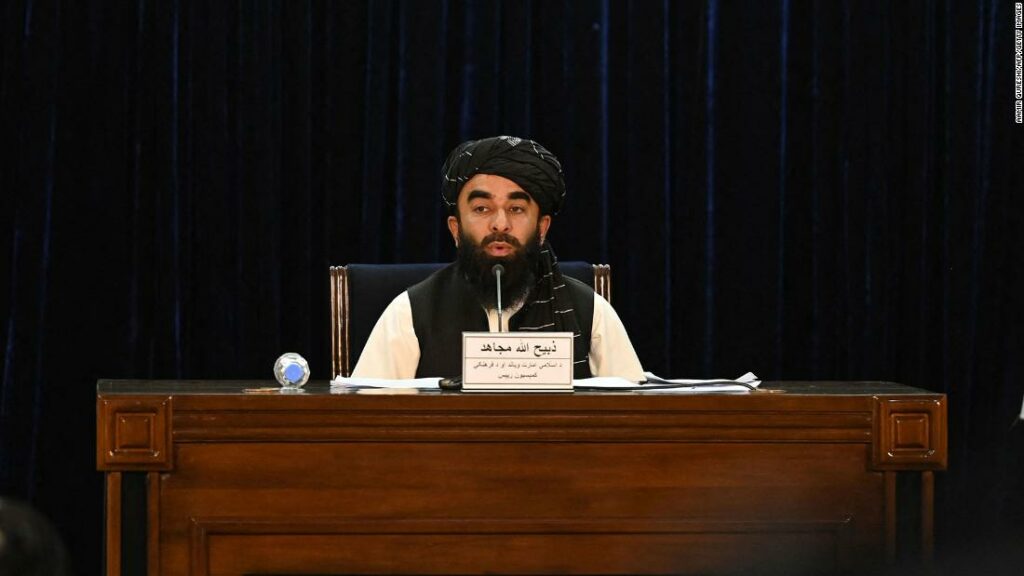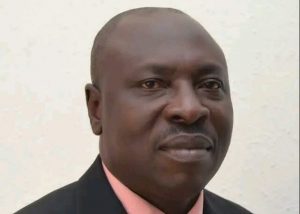Taliban name familiar faces to hardline caretaker government

No women or members from Afghanistan’s ousted leadership were selected for acting cabinet positions or named to advisory roles, in spite of the Taliban’s promises of an inclusive government and more moderate form of Islamic rule than when it was last in power, from 1996 to 2001.The Taliban named Mohammad Hassan Akhund, a close aide of the Taliban’s late founder Mohammad Omar, as acting prime minister and Abdul Ghani Baradar, one of the group’s co-founders, was appointed his deputy. Mohammed Yaqoob, a son of Omar, was appointed acting defense minister.Among the hundreds of protesters were women demanding equal rights under Taliban rule and full participation in political life. The demonstrations were broken up by the Taliban, with reports that some protesters were violently beaten and others detained.Taliban leaders have insisted publicly that women will play a prominent role in society in Afghanistan and have access to education. But they have not been involved in talks over forming a government. In recent weeks, the Taliban has signaled women should stay at home, and, in some instances, militants have ordered women to leave their workplaces.There was no mention of a ministry for women in Tuesday’s announcement, and Zabihullah would only say that the Taliban would be dealing with that issue.The US State Department is currently “assessing” the announcement of an interim government, according to a spokesperson. “We note the announced list of names consists exclusively of individuals who are members of the Taliban or their close associates and no women,” they said Tuesday.”We also are concerned by the affiliations and track records of some of the individuals,” the spokesperson also said.”Following today’s news of the exclusion of women in the new Government announced by the Taliban, I join with many around the world in expressing my disappointment and dismay at a development that calls into question the recent commitments to protect and respect the rights of Afghanistan’s women and girls,” said Pramila Patten, the acting head of UN Women, urging the Taliban to comply with its obligations under constitutional provisions and international treaties to guarantee equality to all citizens.”I further note with serious concern the reported use of force by authorities in Kabul against peaceful protestors, mostly women, who were demanding the equal enjoyment of their rights. These actions reinforce and validate concerns about restrictions being placed in practice on women’s human rights, including their right to participate in public and political life,” she said.In response to questions about the Taliban’s crackdown on protesters, Zabihullah said that illegal demonstrations would not be allowed.CNN’s Jack Guy and Jennifer Hansler contributed to this report.





